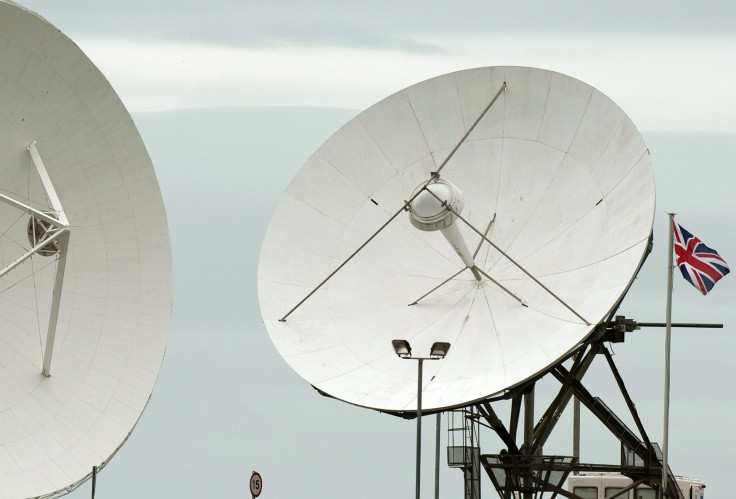New Zealand surveillance company helps enable worldwide mass surveillance

New Zealand-based surveillance company Endace has created the Medusa system, a program that enables the collection of vast amounts of data possible at record speed. The company is an integral partner in assisting any government from around the world to harvest information about their citizens.
With its motto ''Power to see all,” the company is alleged to have sold its surveillance technology to countries like India, Spain, Canada, Australia, Israel and the United States. The company enables partners to intercept and monitor 100 percent of the traffic on networks, and it's alleged that one of their biggest customers in recent years is the British agency Government Communications Headquarters (GCHQ).
Endace is known for its network monitoring offerings and it recently began getting into the Internet-of-things (IoT) business by partnering with Cisco. On paper, it’s just a vendor dealing with technology to help businesses secure their networks by offering them visibility. Behind the scenes, Endace has been dabbling in the lucrative global spy trade for the past decade, according to leaked documents obtained by The Intercept .
Since 2010, GCHQ has been going to Endace for tools to monitor and store Internet traffic that go through undersea fibre cables. This culminated in the creation of an interception tool called Medusa that was able to capture Internet traffic at up to 100Gbps. The Intercept noted that leaked documents from the GCHQ had talked about Endace products when referring to data that can be used to discern people’s usage of online services such as Gmail, Hotmail, WhatsApp and Facebook.
According to the Intercept, the documents also revealed that Medusa was partially funded by research grants Endace received from the New Zealand government.
Stuart Wilson, Endace’s CEO, declined to answer questions for this story. Wilson said in a statement that Endace’s technology “generates significant export revenue for New Zealand and builds important technical capability for our country.” He added that their commercial technology is used by customers worldwide. These companies rely on network recording to protect their critical infrastructure and data from cybercriminals, terrorists and state-sponsored cybersecurity threats.
The company today has a reputation for affording both the private market and governments with the ability to keep their networks safe by using their technology to monitor it. However some others see it as a controversial contributor to a global spying apparatus that has greatly contributed to the diminishing of personal privacy in our lifetime. The company is estimated to pull in about US$5 billion (AU$ 6.6 billion) on a yearly basis and has also received millions of dollars in taxpayer funds throughout the years in the form of government grants.





















